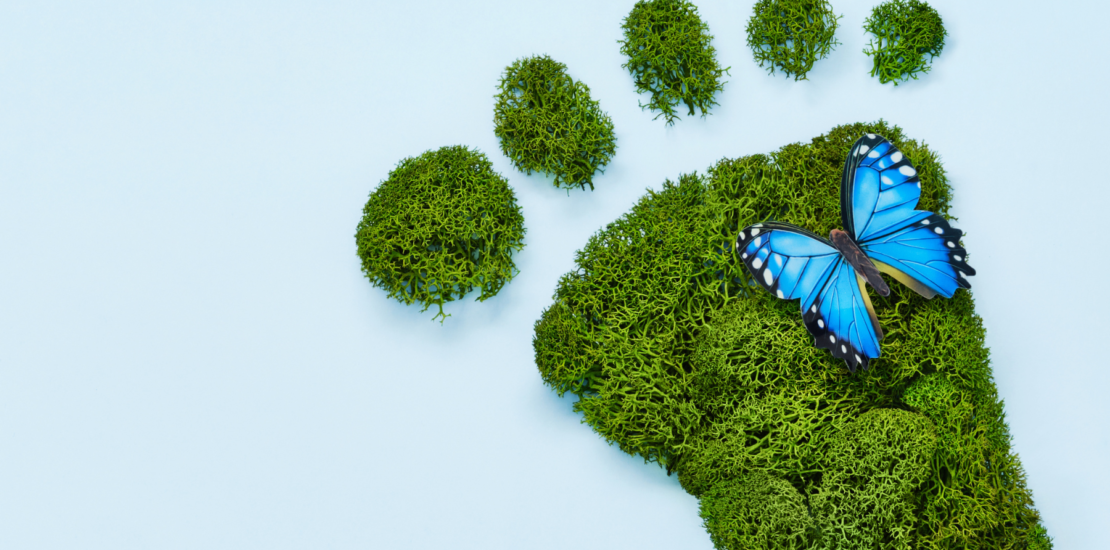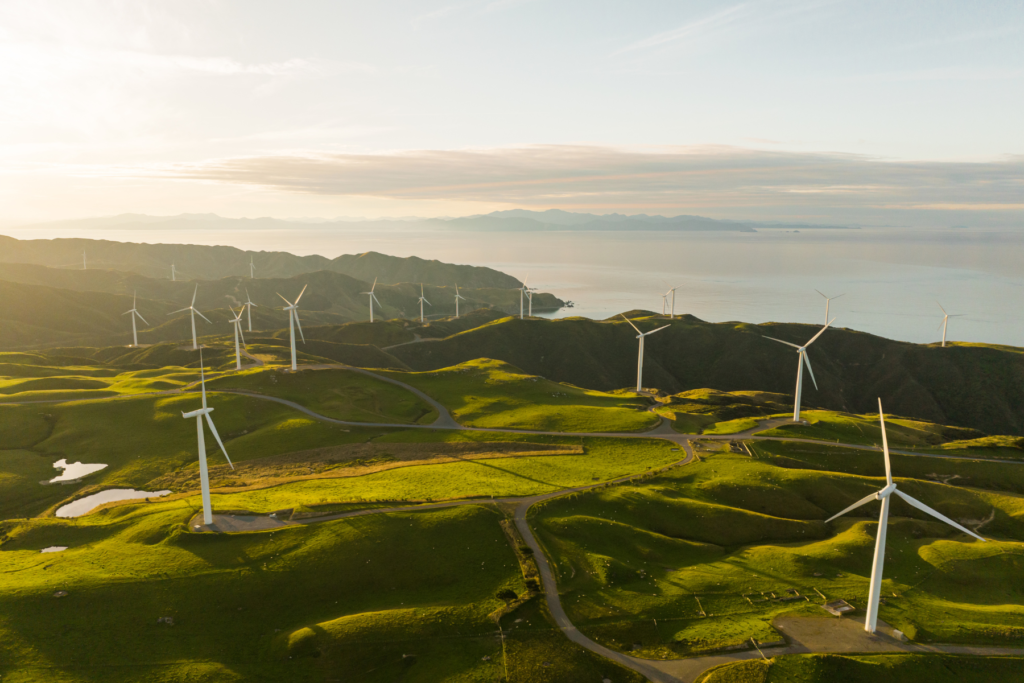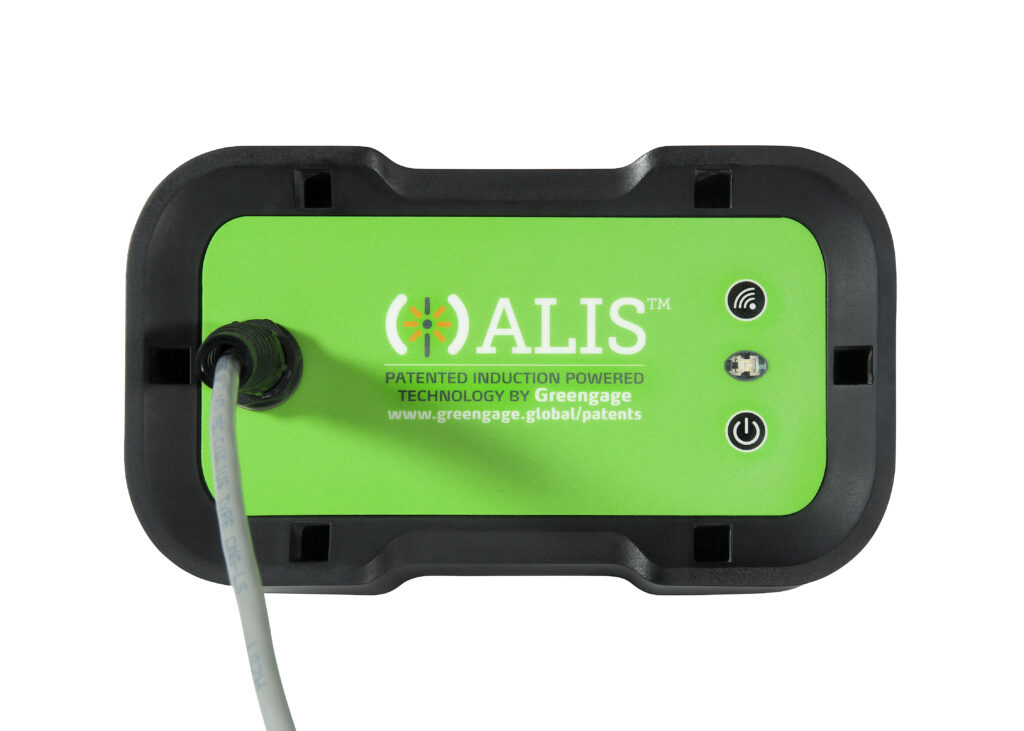- 4 March, 2024
- Posted by: Marketing Manager
- Category: Blog, tips and know-how

Net zero by 2050 – that is the goal. In 2021 the UK government set out a series of policies and commitments to achieve net zero emissions by 2050. While this goal has been both praised and criticised, we would like to highlight what it was not. Comprehensive. Yes, energy is very important and carbon dioxide is a pollutant. However, sustainability does not end with energy. In fact, energy is just the beginning.
For us, in agriculture, sustainability has become a pivotal point of discussion. The industry is ambitiously aiming to balance environmental health, economic profitability, and social equity. In the realm of poultry farming, sustainability encompasses a wide range of practices designed to reduce environmental impact, enhance animal welfare, and ensure economic viability for farmers. Despite significant strides in sustainable farming methods, challenges such as feed efficiency, waste management, and energy use persist. However, recent technological advancements, particularly in welfare monitoring sensors, are setting the stage for transformative changes in the industry.

The Challenges of Sustainability in Poultry Farming
Sustainable poultry farming is multifaceted, involving the efficient use of resources, minimising environmental footprints, and ensuring the health and welfare of the birds. Critical areas include:
- Feed Efficiency: Innovations in feed composition that reduce reliance on environmentally intensive ingredients.
- Waste Management: Systems that recycle waste into valuable by-products, reducing pollution.
- Energy Use: Adoption of renewable energy sources to power farming operations, decreasing carbon footprints.
- Water Use: Efficient water management practices to sustainably utilise this vital resource.

Despite these comprehensive efforts, one area that has historically been challenging to monitor and improve directly is the welfare of the birds themselves. This is where Greengage technology steps in.
Introducing ALIS Pulse Welfare Sensors: A Game-Changer for Sustainability

Our newly developed ALIS Pulse welfare monitoring sensors represent a significant leap forward in poultry farming sustainability. Integrated seamlessly with our innovative lighting solutions, these sensors offer real-time monitoring of key environmental and health indicators, including:
- Temperature and Humidity: Ensuring optimal ambient conditions.
- Lux Levels: Providing adequate lighting and hours of darkness for healthy poultry behaviour.
- Ammonia and Carbon Dioxide Levels: Monitoring air quality to prevent respiratory issues.
- Mobility and Clustering: Using thermal cameras to assess the movement patterns and flock distribution, indicating overall health and comfort.
- Stress Levels: Acoustic sensors detect changes in vocalisation patterns, a direct indicator of stress.
These parameters are crucial not only for the immediate health and welfare of the poultry but also for the broader sustainability goals. By maintaining optimal living conditions, we can significantly reduce the incidence of disease, improve feed conversion rates, and decrease mortality rates, leading to more effective, and therefore, sustainable production cycles.
The Impact on Sustainability
The integration of our welfare monitoring technology into poultry farming practices offers several sustainability benefits:
- Enhanced Animal Welfare: Directly contributes to the social aspect of sustainability by ensuring the well-being of the poultry.
- Increased Productivity: Healthier birds are more productive, contributing to economic sustainability through improved efficiency.
- Environmental Protection: By optimising resource use and reducing the need for interventions, we minimise environmental impact.

Conclusion: Leading the Way Towards a Sustainable Future
Our commitment to sustainability goes beyond mere compliance with environmental standards. By introducing our welfare monitoring sensors, we’re not just innovating for the sake of technology but are paving the way for a future where poultry farming is synonymous with sustainability. As we move forward, our focus remains on developing solutions that are not only good for business but also for the planet and its inhabitants.
Learn More
To explore how our welfare monitoring sensors can transform your poultry farming practices, read our blog posts about productivity and compliance or contact us for a zero-commitment consultation. Together, we can make sustainable poultry farming not just a goal, but a reality.